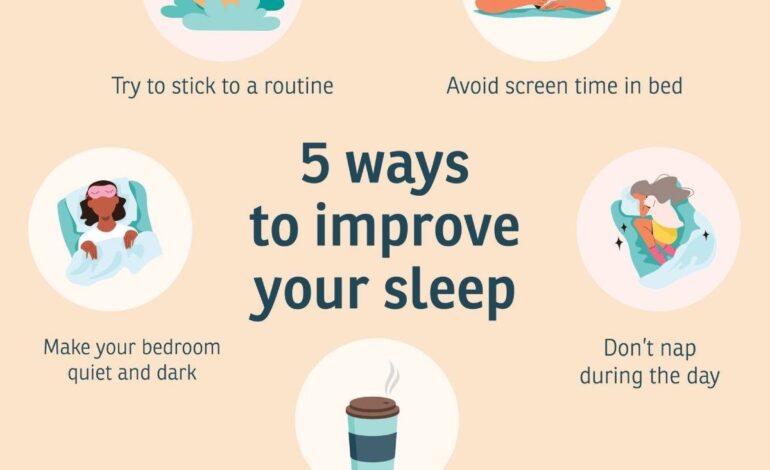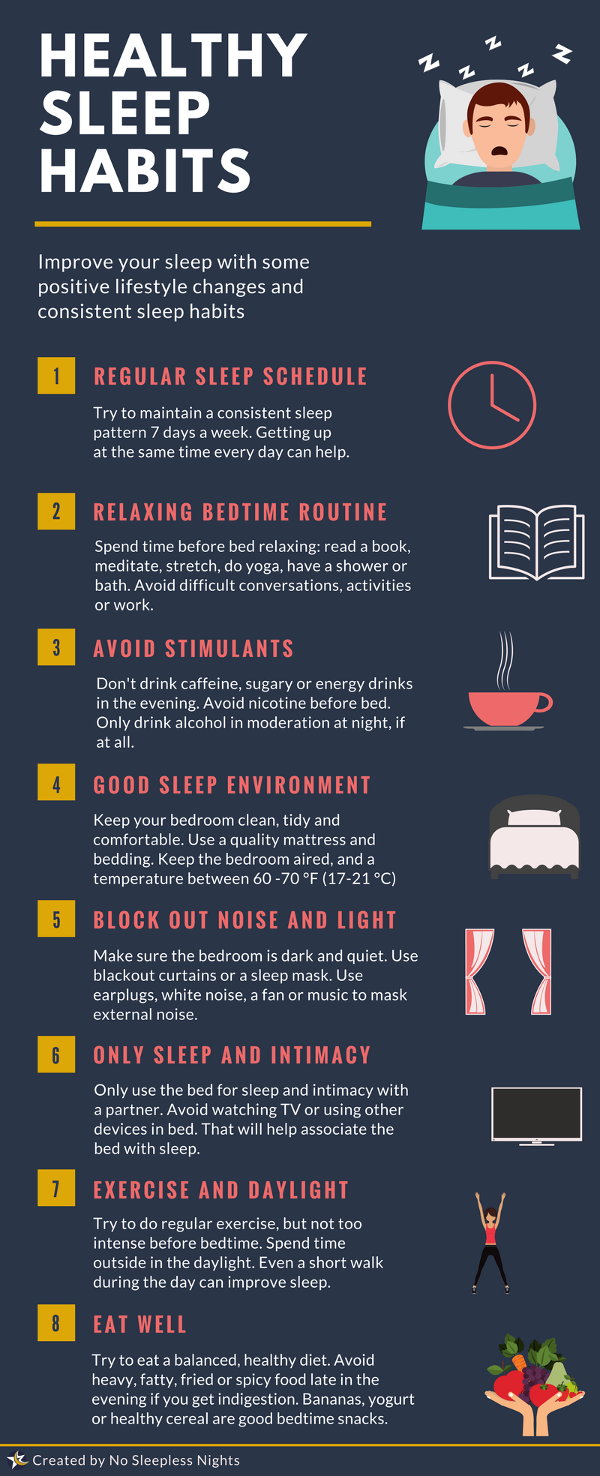Better Sleep Starts Tonight: Simple Hygiene Habits

“`html
Understanding Sleep Hygiene: Your Pathway to Deeper, More Restful Sleep
We all know that sleep is important. We hear it constantly – “Get enough sleep!” But what *really* makes the difference between a restless night and one filled with deep, restorative slumber? The answer often lies in something called “sleep hygiene.” It’s not about showering before bed (though that can be part of it!), but rather a collection of habits and practices designed to optimize your environment and behaviors for better sleep.
What Exactly *Is* Sleep Hygiene?
Simply put, sleep hygiene refers to the routines and environmental factors that impact your ability to fall asleep easily, stay asleep, and wake up feeling refreshed. Think of it as creating a supportive ecosystem for your sleep – a foundation built on good habits that signal to your body it’s time to wind down and prepare for rest.
Why is Good Sleep Hygiene So Important?
Poor sleep hygiene can lead to a whole host of problems. Beyond just feeling tired during the day, chronic sleep deprivation or inconsistent sleep patterns are linked to:
- Reduced cognitive function (difficulty concentrating, memory problems)
- Weakened immune system
- Increased risk of accidents
- Mood disturbances and increased anxiety/depression
- Higher risk of chronic diseases like diabetes and heart disease.
Conversely, practicing good sleep hygiene can yield incredible benefits! You’ll experience improved mood, enhanced focus, better physical health, and a greater overall sense of well-being.
Key Pillars of Sleep Hygiene: Practical Tips for Better Rest
Let’s dive into the specific practices that contribute to excellent sleep hygiene. We’ll break them down into categories – environment, behavior, and diet/substances.

1. Creating an Optimal Sleep Environment
Your bedroom should be a sanctuary for sleep – calm, dark, quiet, and cool.
- Darkness is Key: Melatonin, the hormone that regulates your sleep-wake cycle, is produced in darkness. Use blackout curtains or blinds to eliminate light pollution from streetlights or early morning sun.
- Temperature Matters: The ideal bedroom temperature for most people is between 60-67°F (15-19°C). A slightly cooler room signals your body that it’s time to slow down and prepare for sleep.
- Quiet Please! Noise can disrupt even the deepest sleepers. Consider using earplugs, a white noise machine, or a fan to mask distracting sounds. Invest in quality windows if external noises are an issue.
- Comfortable Bedding: Your mattress and pillows should provide adequate support and comfort. An old, sagging mattress can lead to aches and pains that interfere with sleep. Replace them when they no longer offer proper support.
- Keep it Clean & Tidy: A cluttered bedroom can create a sense of anxiety and visual distraction. Maintaining order contributes to a more relaxing atmosphere.
2. Behavioral Habits for Restful Sleep
Your daily habits significantly impact your sleep quality.
- Consistent Sleep Schedule: This is arguably the *most* important aspect of good sleep hygiene. Go to bed and wake up at roughly the same time every day, even on weekends. This helps regulate your body’s natural circadian rhythm (your internal clock).
- Wind-Down Routine: Create a relaxing pre-sleep routine that signals to your brain it’s time to unwind. This could include a warm bath, reading a book (a *physical* book is best – avoid screens!), gentle stretching, or listening to calming music.
- Avoid Screens Before Bed: The blue light emitted from smartphones, tablets, and computers suppresses melatonin production. Aim to put away electronic devices at least an hour before bedtime. If you must use them, enable a blue light filter.
- Limit Napping: While short naps can be beneficial, long or frequent naps during the day can disrupt your nighttime sleep. If you nap, keep it brief (20-30 minutes) and avoid napping late in the afternoon.
- Regular Exercise: Regular physical activity is great for overall health and can improve sleep quality. However, avoid intense exercise close to bedtime.
- Avoid Clock Watching: Staring at the clock when you can’t fall asleep only increases anxiety and makes it harder to relax. Turn your clock away from view.
- Caffeine Cut-Off: Avoid caffeine (coffee, tea, energy drinks) for at least 6-8 hours before bed. Caffeine is a stimulant that can keep you awake.
- Alcohol’s Deceptive Effects: While alcohol might initially make you feel sleepy, it disrupts sleep later in the night and reduces REM sleep, which is important for memory consolidation. Avoid alcohol close to bedtime.
- Heavy Meals & Sleep: Avoid large meals or sugary snacks within 2-3 hours of bedtime. Your body will be working hard to digest food, making it harder to fall asleep.
- Stay Hydrated…But Not Too Much Before Bed: While hydration is important, drinking too much liquid before bed can lead to frequent trips to the bathroom during the night, disrupting your sleep.
3. Diet & Substances – What You Consume Impacts Your Sleep
What you eat and drink, especially in the hours leading up to bedtime, can profoundly affect your sleep.
Troubleshooting & Seeking Professional Help
Implementing these tips might not immediately solve all your sleep problems. If you’ve tried consistently improving your sleep hygiene for several weeks and are still struggling with insomnia or other sleep disorders, it’s important to seek professional help from a doctor or sleep specialist. They can rule out underlying medical conditions that may be contributing to your sleep issues and recommend appropriate treatment options.
Conclusion: Investing in Your Sleep is Investing in Yourself
Good sleep hygiene isn’t just about getting more hours of sleep; it’s about optimizing the *quality* of your rest. By making conscious choices about your environment, behaviors, and diet, you can create a foundation for deeper, more restorative sleep, leading to a healthier and happier life. Start small, be consistent, and enjoy the benefits of truly restful nights!
“`



